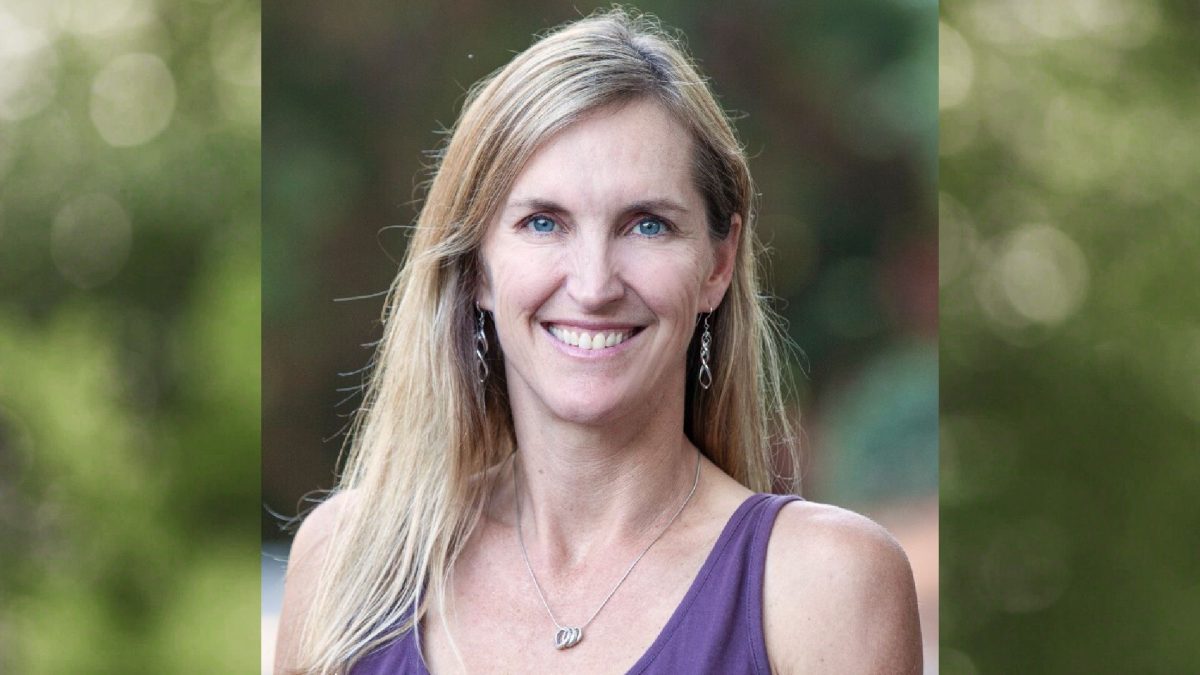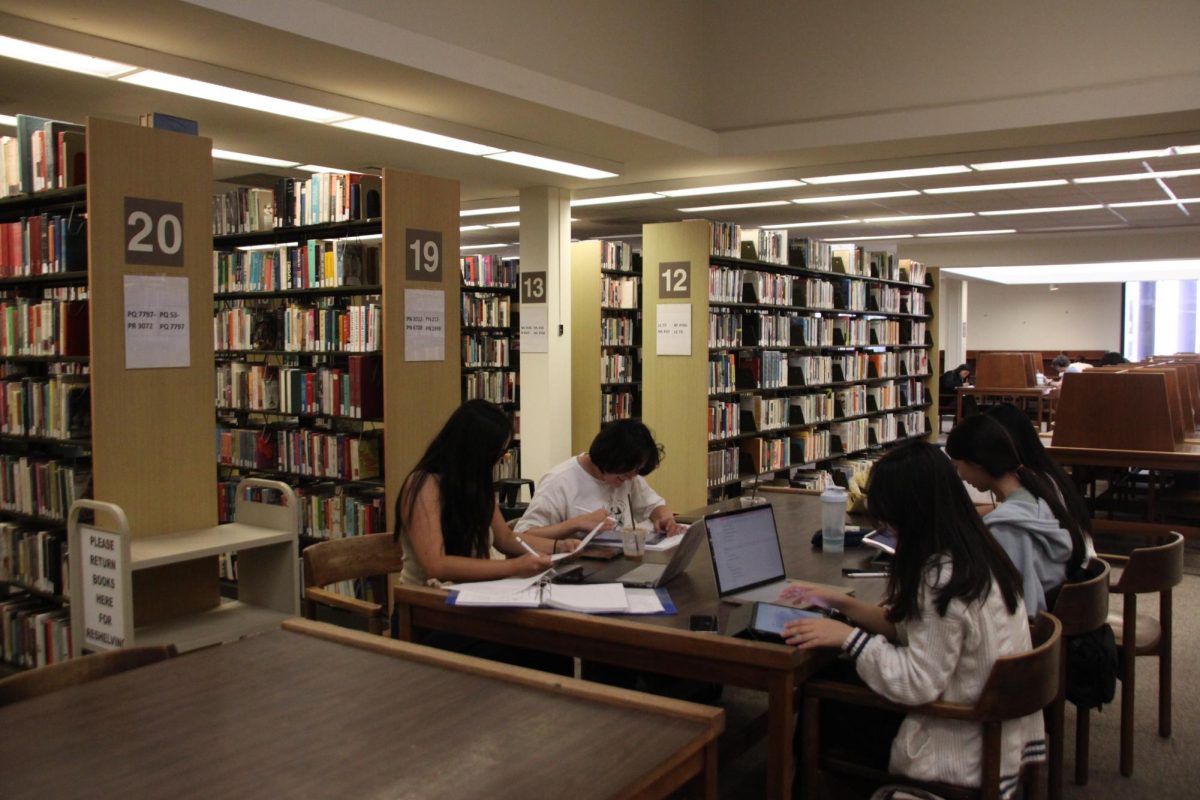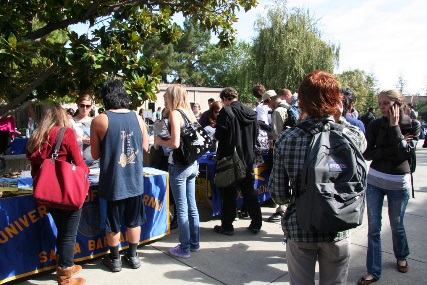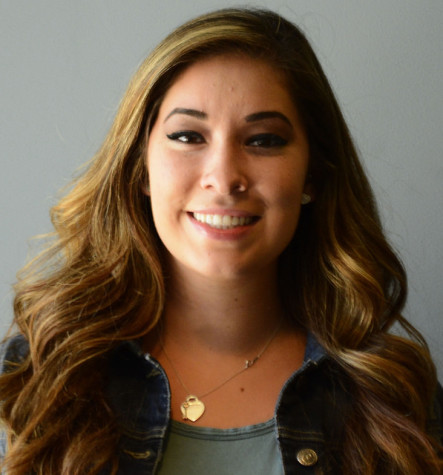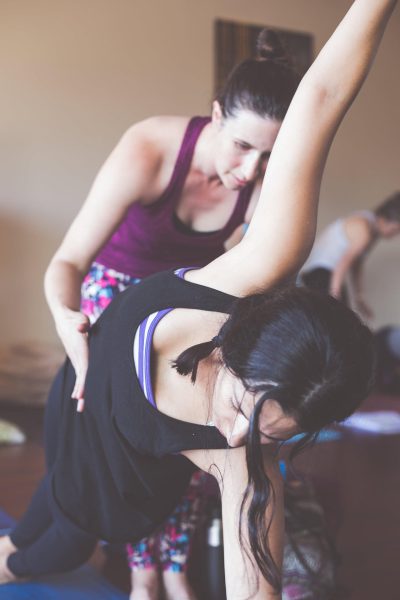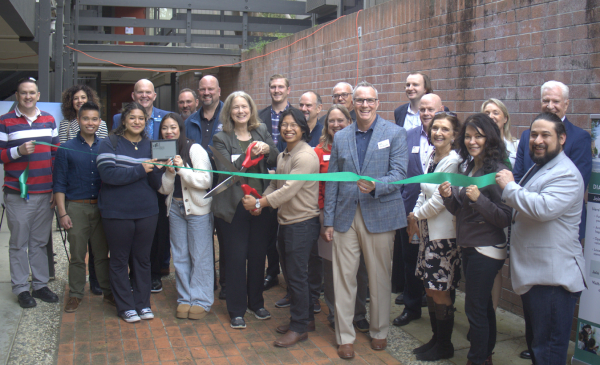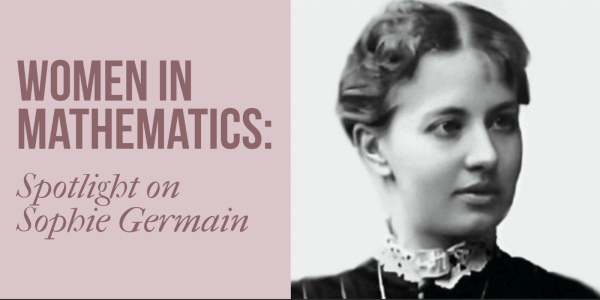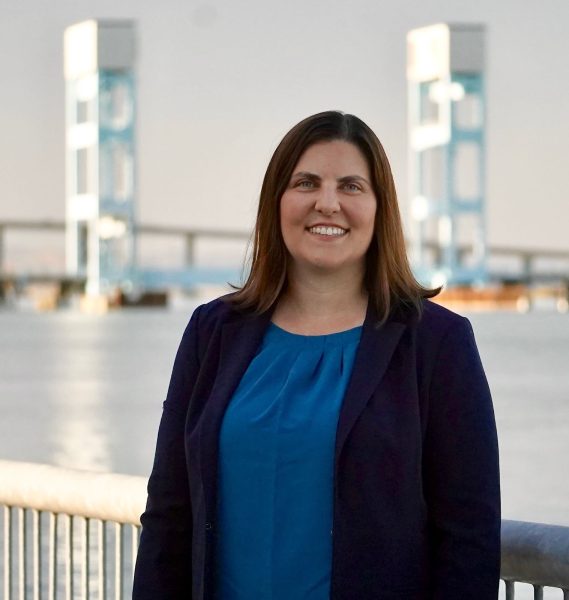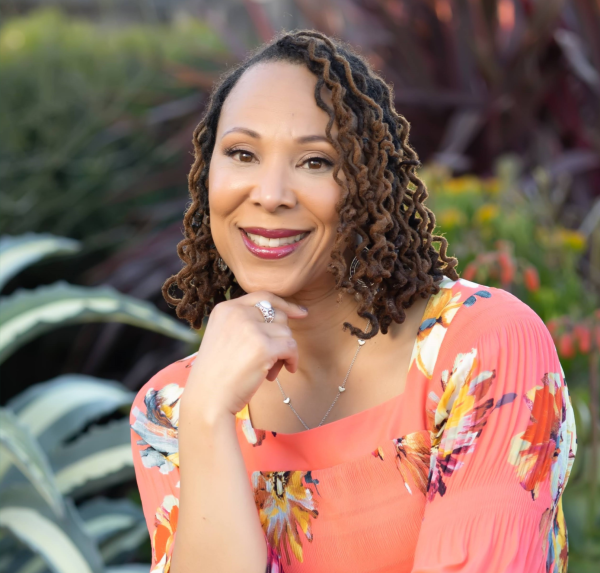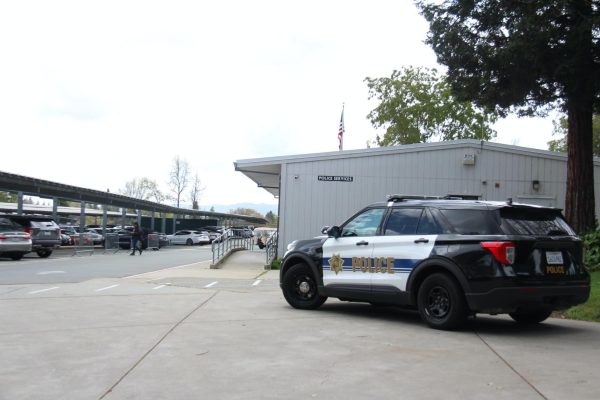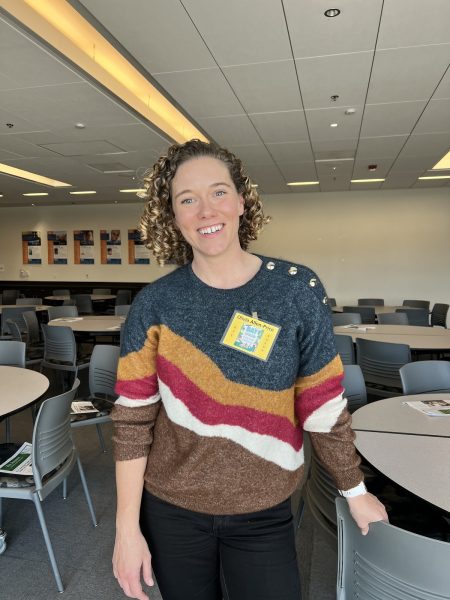Protests ignite campus discussions on race and the justice system
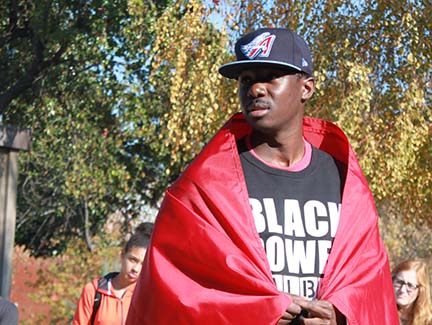
Dieudonne Brou spoke at a vigil on campus in late November.
December 9, 2014
Protests broke out across the country, even at schools that don’t normally demonstrate, after Michael Brown and Eric Garner, both African American males, who killed during confrontations with police.
Diablo Valley College, Saint Mary’s College and Stanford University are just some of the local schools whose students participated in protests after two grand juries decided not to indict police officers who killed the two unarmed men in separate incidents.
While some protests have caused property and structural damage to cities, others have been peaceful and non-violent.
DVC student Dieudonne Brou spoke at the vigil held for Michael Brown at DVC Nov. 26 to express his feelings about the situation and to speak from a black male’s perspective on society’s perception of him.
“Black lives have never mattered in this country, and many people seem to be naïve to this fact,” Brou said. “I also spoke about the necessity for the black community to unite and continue to fight against the injustices of this country, and reminded everyone that this so-called freedom comes at the expense of marginalizing and dehumanizing human beings around the world.”
Later that day, Brou attended a protest in Oakland to show support to the family of Michael Brown and show solidarity with the people of Ferguson, Missouri where Brown was killed. While at the protest, Brou was arrested for unlawful protest and failure to disperse.
On Nov. 19, DVC held a Ferguson panel with guest speakers Cephus “Uncle Bobby” Johnson, the uncle of BART police shooting victim Oscar Grant, cultural critic and DJ Davey D and political organizer Cat Brooks. Sociology student Lily Yi felt extremely grateful for being part of a discussion about such an important issue. She thought the panelists’ passion and knowledge were inspirational.
“Though my experience with racism and prejudice are different from the experience of the African American community and the police, it makes me compassionate and understanding of their sentiments,” Yi said. “I think experience with racism is what makes this issue personal and relevant to my life.”
Yi thinks body cameras could improve the behaviors of both the public and the police, but issues about privacy and the future of accountability measures make it difficult for her to come to a conclusion. She understands the legitimacy of both sides of the argument and hopes that the conversation about working with the police and improving the justice system continues.
According to The New York Times, President Barack Obama is requesting $75 million from Congress over the next three years to provide 50,000 body cameras to police officers nationwide. The body cameras are intended to improve police relations with the public but their effectiveness has not been proven.
DVC student Teryl McAlaster, who also attended the panel, says she enjoyed it because it put a different perspective on things and informed her on topics she didn’t know much about.
“It gave more of a back story on certain subjects and things that I didn’t realize that were going on,” McAlaster said. “I had no idea that the riots in Ferguson, Missouri were in a two block radius; I thought the whole city had been taken over because that’s how the media portrayed it.”
McAlaster said once you hear from people who have been at the riots and protests and have fought this fight, their story adds more to the picture.
“I also hope that our generation is just feeling more engaged,” she said. “And I hope that we find ways to unify and start hopefully boycotting a lot of things.”
DVC student Essences Suggs said knowledge is key regarding the media influences on both incidents.
“If you don’t inform us correctly, we are just going to assume things, and we won’t think about the other side to the story,” Suggs said. “The media has such a negative impact on these situations because anyone can say anything they want.”
Editor’s note: An earlier version of this story said that Michael Brown and Eric Garner were both shot; Garner died from being placed in a choke hold.






















